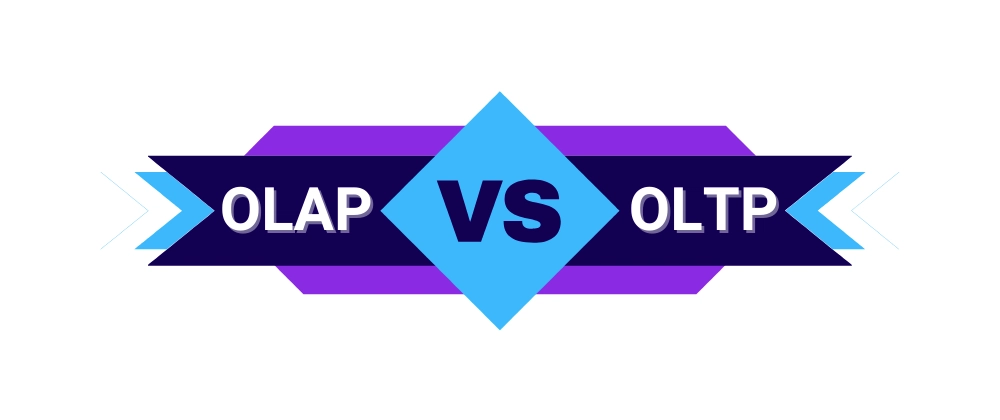In previous articles, we covered what OLTP and OLAP are, their benefits, key features, and use cases.
This might make it seem like there's a 'fight' or 'battle' between these technologies, but that’s not the case.

OLAP and OLTP are different technologies for different use cases and when you need to do different things.
For example, if you need to process fast transactions or anticipate high-frequency insert, update, or delete operations, OLTP is the right choice. On the other hand, if you need to analyze historical data, group information by customers, or extract insights, OLAP is the better option.
So, when do you need which one? That’s a great question. If you're a small business, you might think you can save money by skipping an OLAP system and querying the database directly. In some cases, that might work initially without issues. But as soon you start to grow you will see that you will face problems around this. However, as you grow, you might face challenges. Imagine slow load times because your app is querying large amounts of data in real time—or worse, causing database crashes due to complex queries that overload the system.
That’s why it’s important to have a good data architecture and a plan, to follow as you and your company/app/service grow. OLAP and OLTP aren’t rivals—they were designed to fulfill different needs. Using them correctly will save you time, money, and headaches compared to relying on inefficient workarounds.
A solid data architecture and a clear understanding of the data engineering lifecycle are essential at any stage of your business, whether you’re just starting or scaling up. Having the right tools to do the right job will make easier your live, the live of your customers and everyone involved. Scaling your data infrastructure alongside your code will improve performance, stability, and long-term success.
How does your company handle transactional and analytical data? Let’s discuss your experiences in the comments!
Do you think businesses should invest in OLAP early on, or wait until they scale? Share your thoughts!
Have you ever faced performance issues because of querying transactional data for analytics? Let’s talk about best practices!
Want to learn more about data architecture and best practices? Follow me for future insights!



Top comments (2)
👍
👀👀